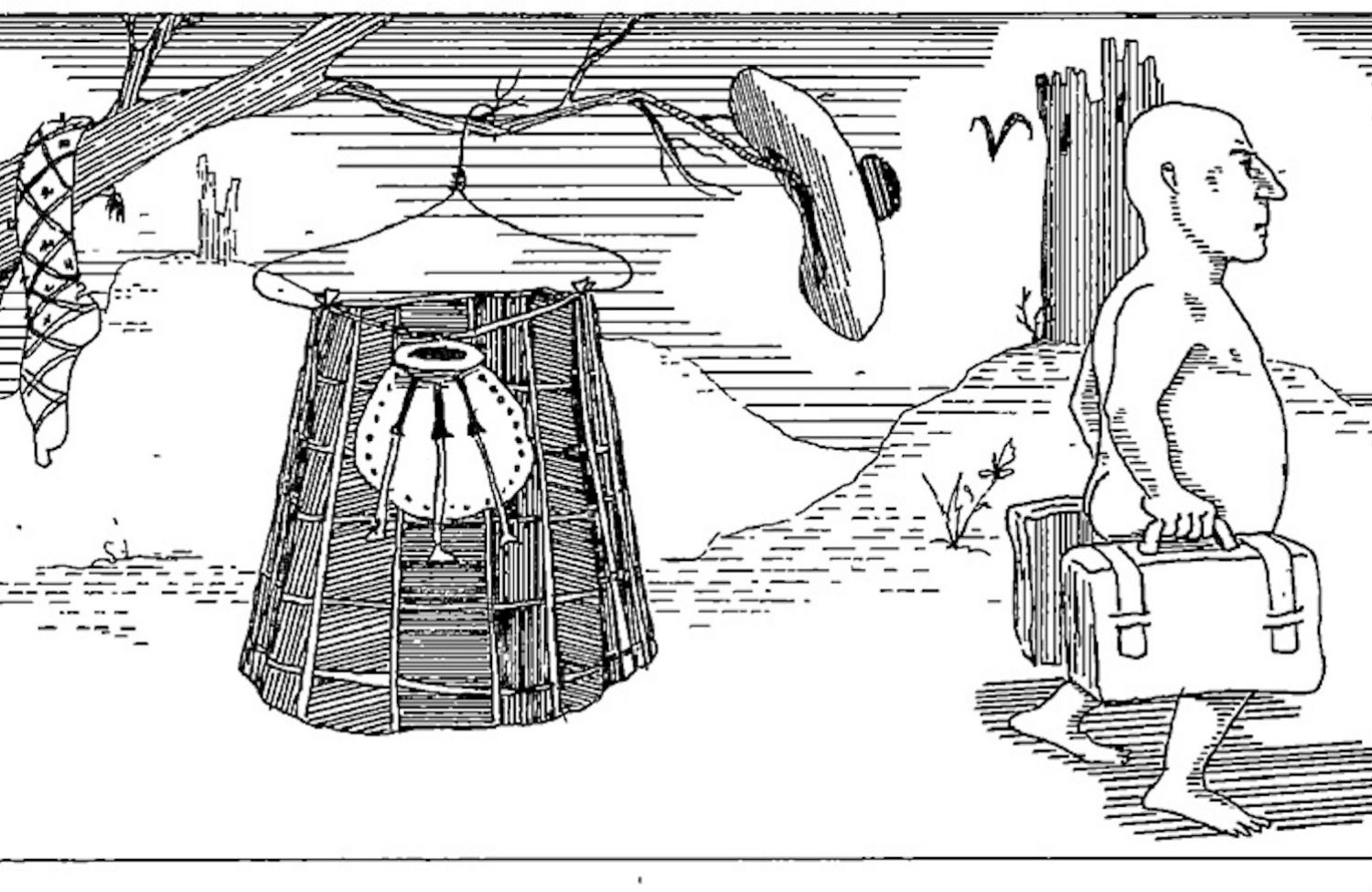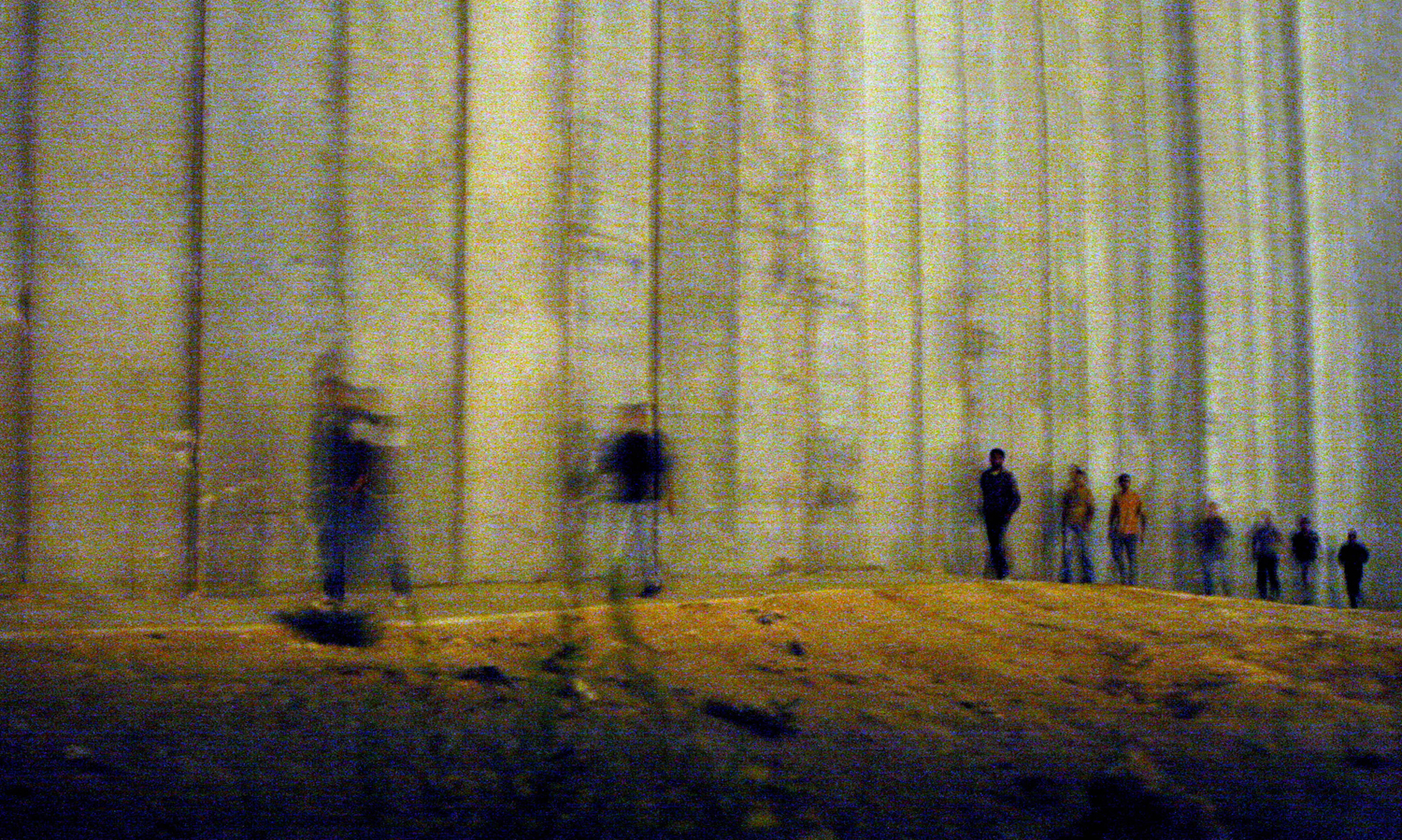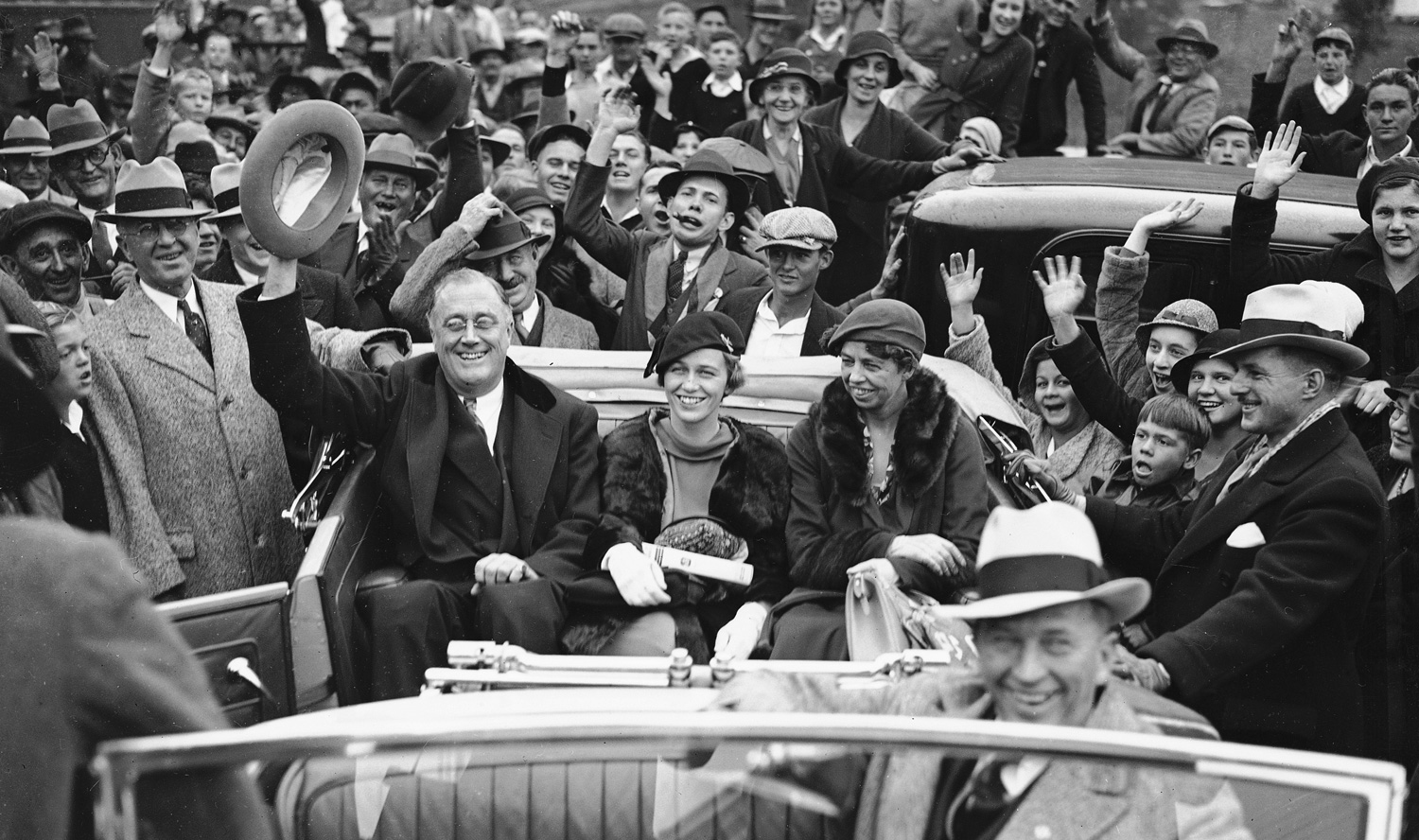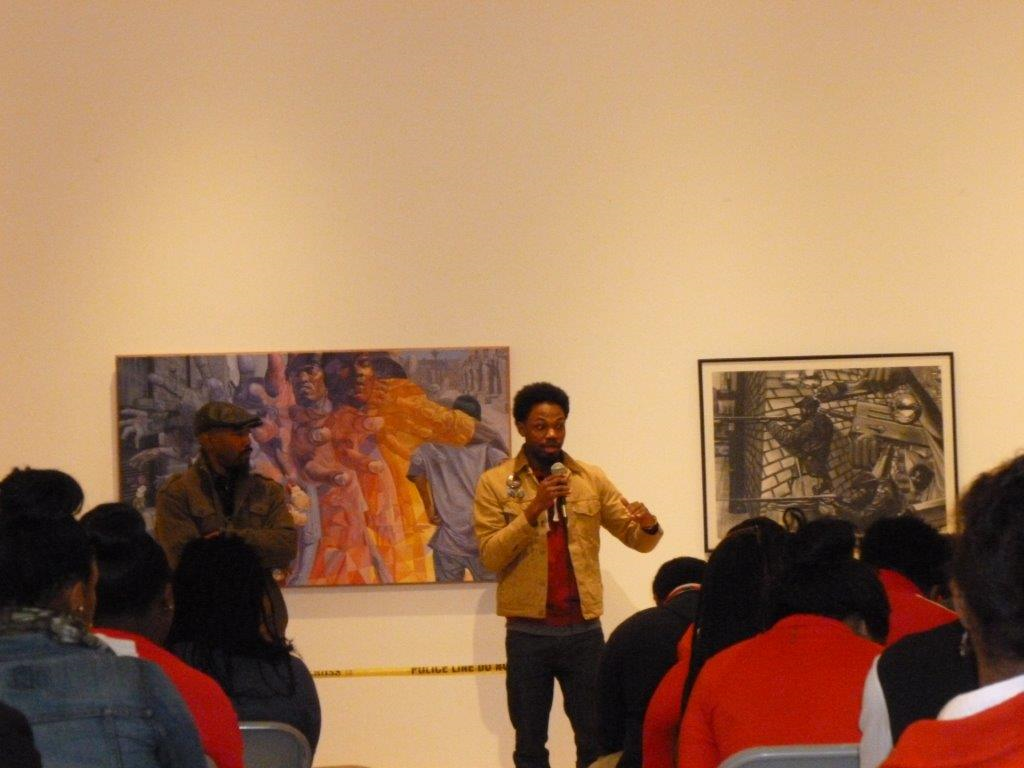
Looking Backward: James Campbell Reviews His Own 1982 ‘Nation’ Essay on Leaving Scotland Looking Backward: James Campbell Reviews His Own 1982 ‘Nation’ Essay on Leaving Scotland
“How can I have seemed so settled in my opinions? So smug in my attitudes?”
Sep 24, 2014 / Books & the Arts / James Campbell and Back Issues

Life in the Ruins Life in the Ruins
How the destruction of architectural treasures became a weapon in Syria’s ongoing civil war.
Sep 23, 2014 / Books & the Arts / Frederick Deknatel

Under Pressure Under Pressure
How much of the pressure of reality can a work of art bear before it ceases to be art?
Sep 23, 2014 / Books & the Arts / Barry Schwabsky

The Resource Privilege The Resource Privilege
How law firms and lobbyists protect and whitewash petroleum dictatorships.
Sep 23, 2014 / Books & the Arts / James North
Crows Crows
—after Crows by Unknown, Japan In perpetual silhouette perform against bronze. As exhausted dancers, undressed behind a scrim, the suggestion of nakedness more erotic than… En masse, they argue and flee between slim sessions of peace. This is existence: pain leashed or unleashed. Wings press against ribs in politesse or unfurl in demonstrations of power. When it’s over, crows remain as debris, Ebony confetti, wrecking more the wrecked world.
Sep 23, 2014 / Books & the Arts / Paula Bohince

PBS Loves Its ‘Roosevelts’—and Its Kochs, Too PBS Loves Its ‘Roosevelts’—and Its Kochs, Too
The Roosevelts pumps PBS ratings, but that doesn’t make the network any less centrist.
Sep 19, 2014 / Books & the Arts / Leslie Savan

Why Black Women Matter Why Black Women Matter
Ntozake Shange, author of the groundbreaking choreopoem, for colored girls who have considered suicide when the rainbow is enuf, explains what the Ray Rice scandal means for black ...
Sep 18, 2014 / Books & the Arts / Melissa Harris-Perry

How Art Inspires Change How Art Inspires Change
The Nation and the Center for Community Change partnered together for an essay contest in which young people were asked to submit a photo they found meaningful and an essay ex...
Sep 17, 2014 / Books & the Arts / StudentNation and Faron Manuel

What Is India? What Is India?
Why India’s boom years have been a bust.
Sep 16, 2014 / Books & the Arts / Siddhartha Deb

Gordimer’s Way Gordimer’s Way
The Nobel laureate’s short stories are her lasting legacy to the literary world.
Sep 16, 2014 / Books & the Arts / Tony Eprile
